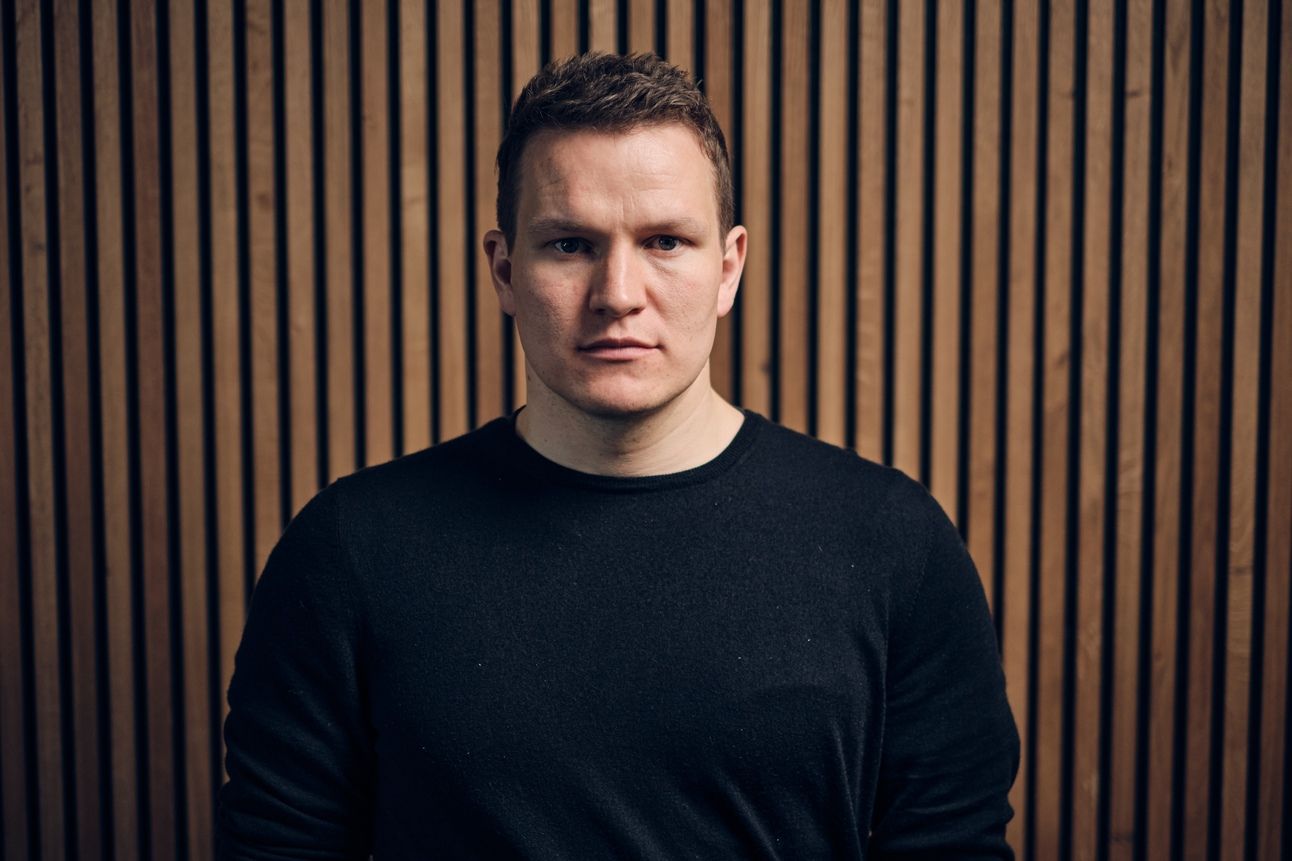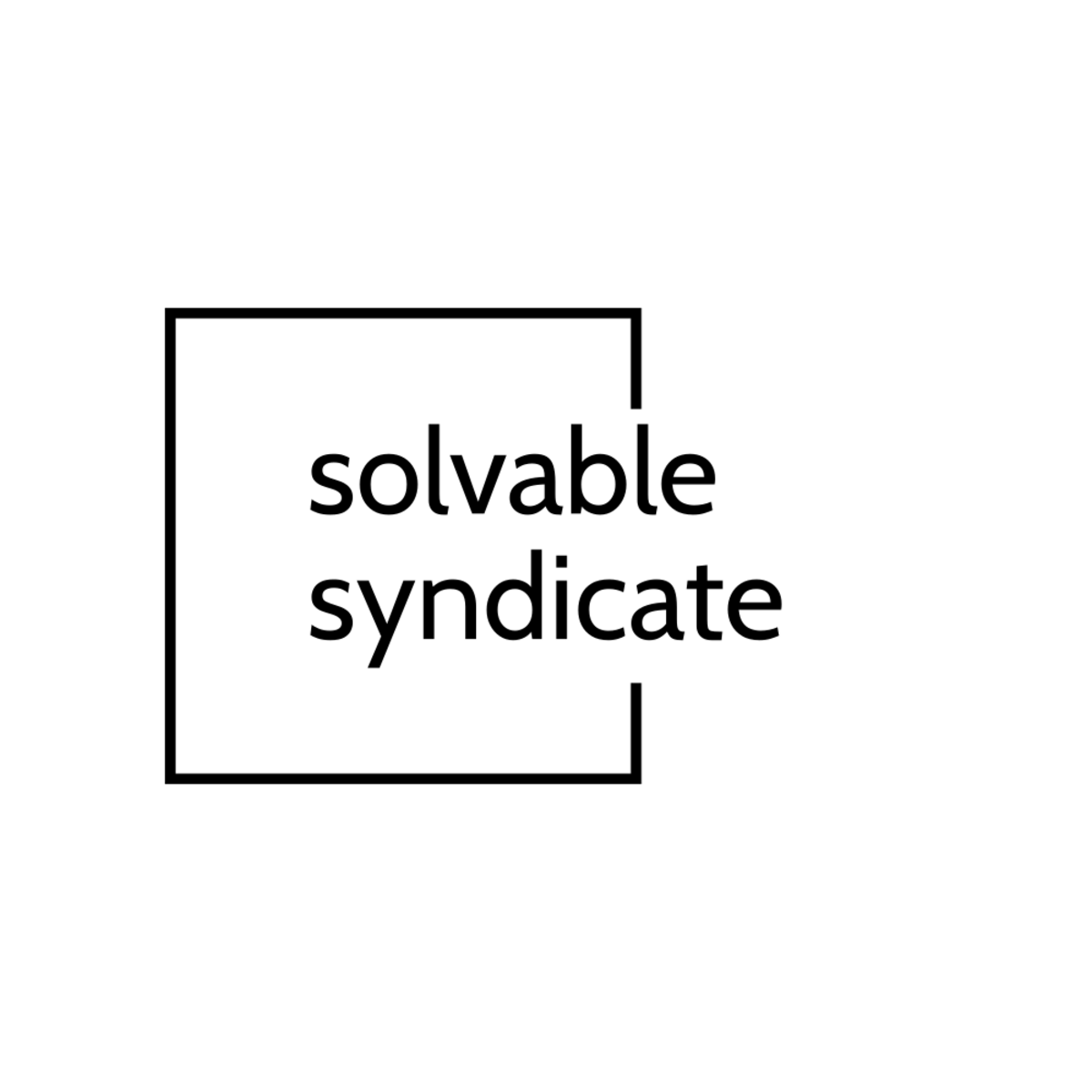Felix Leonhardt is Managing Partner at Oyster Bay Venture Capital.
FACT BOX
Fund size: €100m
Reserved for follow-ons: 40%
Started deploying: 2024
Will be fully deployed: 2029
Investment stage: Pre Seed to Series B, Focus on Seed & Series A
Leads or ‘just’ joins rounds: Lead or Co-Lead
Typical check size: €1,5m to €2,5m as initial check - up to €10m per company
Focus: Food & Ag Tech fund - investing across the value chain and across Europe

Felix Leonhardt, Managing Partner, Oyster Bay Venture Capital
FUNDRAISING DYNAMICS
What’s the best way for founders to get on your radar?
A direct e-mail to me works pretty well. My e-mail is easy to find.
What’s the most common mistake founders make when pitching to you?
"Our round is closing in two weeks" in a first intro or contact e-mail…
I get that you are creating a sense of urgency - but you would not get married after knowing someone for two weeks - so we don't invest if we don't have enough time to know you well.
What advice would you give to (FoodTech/AgTech) founders before their first meeting with a VC?
Think about whether you truly want to build a VC case. Most food companies are not VC fundable. Be aware of fund dynamics and timelines.
Do you have any key metrics (e.g. revenue numbers) you expect startups to hit at the stage you invest?
This varies broadly across the value chain. For CPG companies, we expect at least €1m in revenue before we invest. For more tech driven companies, we usually want to see a clear demonstrated market need and an MVP or prototype that shows strong and fast iteration and execution towards solving that market need.
What are some red flags that prevent you from investing?
First and foremost - does the company fit into our impact strategy. We only want to invest in companies that are changing the food system for the better. We assess this based on our core impact areas - and a company has to have a strong positive impact to pass our assessment there.
Secondly - any issues within the founding team. Our investment scorecard which we use to quantify our first impressions is public - but the biggest factor is by far whether we have conviction on the team.
PORTFOLIO COMPANY DYNAMICS
What’s your philosophy around being hands-on or hands-off with your portfolio companies?
We are as hands-on as we need to be - really depends on each case. With first-time founders and early-stage companies we will be much more hands-on than with second-time founders and a later stage company. As we are most often the lead investor, we are usually also the most active investor on the cap table.
How do you like founders to handle things when everything is going wrong?
We are on Whatsapp with all of our founders and we want to know the bad stuff right away. We have been founders ourselves - we never expect everything going according to plan. We know shit happens. We want to be in the room when we figure out how to solve it. This has been a key part for me personally why I love this job so much. Being able to help with all the things I messed up in my own companies.
What’s the strangest piece of advice you’ve ever given to a founder? Did it work?
Great question. Blanking on strangest.
One piece of advice I give every founder is to write really good monthly investor updates - as its one of the best fundraising tools out there - most dont follow it though. Its a long hanging fruit to differentiate yourself.
CURRENT INTEREST
Are there any startups you’re looking for right now? Ones that are working on a solution to a specific problem?
Many - one key topic I’m personally currently interested in is how do we leverage software and hardware to make our food value chain smarter. In 2020, German retailers would still order by fax and pay by cheque. This has thankfully mostly changed - but there is still a lot of miscommunication across the food value chain, resulting in very costly inefficiency both in terms of food waste and in terms of €s lost.
So I am currently looking at solutions from the farm to the consumer to tackle this.
To give you a couple of examples - companies working on coatings for fruits & vegetables, smart packagings & sensor based solutions, forecasting software tools for food producers etc. - its a broad field and a good example of how we approach our thesis driven investments. To really understand where value is being created, you have to understand the whole value chain at least somewhat.
What’s a topic (investment-related or not) that once brought up gets you super excited?
I love talking about alternative protein.
I was not on the investment side during the hype years (thankfully I guess) - and while its sobering to think about all the companies that have failed and that will fail in that space - I remain super excited about the opportunity in the space.
FINAL QUESTIONS
What’s the biggest misunderstanding founders have about you or your role as an investor?
I think founders misjudge the likelihood of investment quite often. In 2024 we looked at over 1,700 companies and invested in 2. I am super upfront about this - and try to give founders a realistic view of what our likelihood of investment is at any stage within our investment process.
What’s the most fun part of your job that founders might not realize?
How awesome it is to meet so many great founders. It’s truly inspiring to see how many amazing people are working on changing our food system for the better. It makes me optimistic about the world - because as long as there are founders out there daring to start companies to change something for the better - positive change will happen.
What’s one company you never had a chance to invest in, but wish you had?
I think you can always invest if you want to.
So I dont have this regret.

